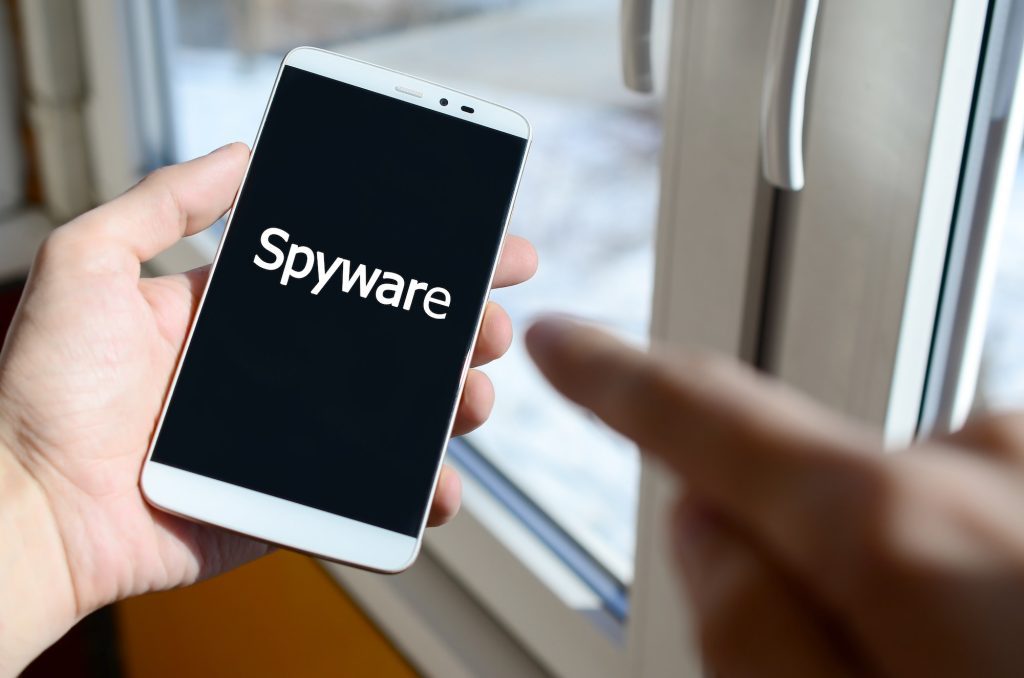German court limits police use of spyware
Judges have drawn a clear line on digital surveillance, insisting that intrusive spyware should be reserved only for the most serious crimes.

Germany’s top court has ruled that police can only deploy spyware to monitor devices in cases involving serious crimes, narrowing the scope of surveillance powers introduced in 2017. The decision means spyware can no longer be used for investigating offences with a maximum sentence of three years or less, which judges said fall under ‘basic criminality.’
The case was brought by the digital rights group Digitalcourage, which challenged rules that allowed police to use spyware to intercept encrypted chats and messages. Plaintiffs argued that the measures were too broad and risked exposing the communications of people not under investigation. The court agreed, stating that such surveillance represents a ‘very severe’ intrusion into privacy.
Judges highlighted that spyware not only circumvents security systems but also enables access to vast amounts of sensitive data, including all types of digital communications. They warned that the scale and covert nature of this surveillance go far beyond traditional monitoring methods, threatening both the confidentiality and integrity of personal IT systems.
By restricting the use of spyware to investigations of serious crimes, the ruling places tighter limits on state surveillance in Germany, reinforcing constitutional protections for privacy and digital rights.
Would you like to learn more about AI, tech and digital diplomacy? If so, ask our Diplo chatbot!
